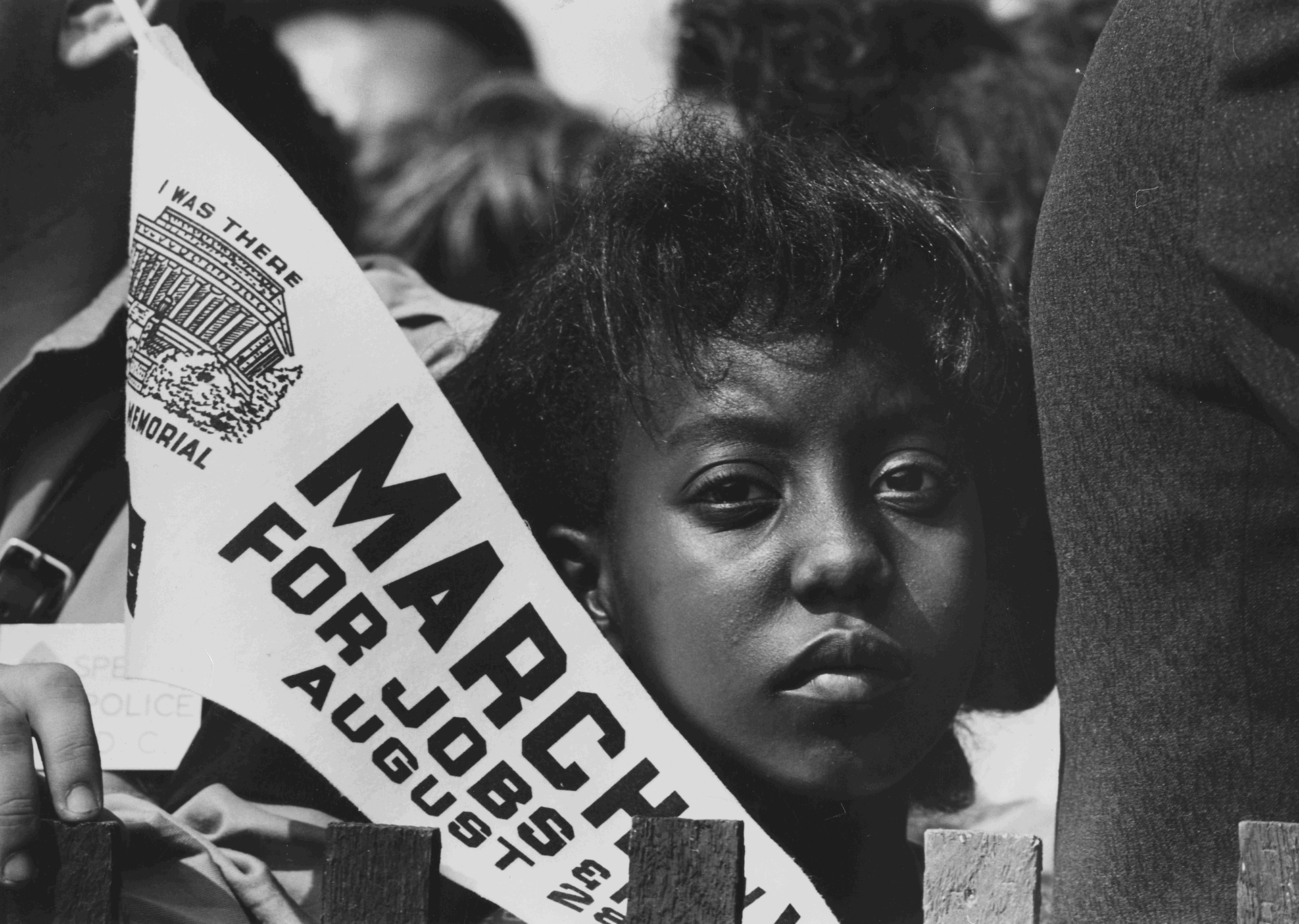http://www.bbc.com/news/world-us-canada-43970903
Recently, Kanye West has come out of what appears a battle with drug addiction and himself and has taken his thoughts to twitter. His tweets began receiving a magnitude of backlash; however, many people used this to talk about how “free thought” is not allowed anymore and a particular group tries to maintain control over ones thoughts. This has led to many artists and friends of Kanye to openly debate topics that are controversial in a sensible manner.
This article exams his thoughts on slavery and his take on politics. Kanye West said “When you hear about slavery for 400 years … for 400 years? That sounds like a choice”. He then tweets a quote from Harriet Tubman that says “I freed a thousand slaves I could have freed a thousand more if only they knew they were slaves.” – Harriet Tubman. Personally, I’m shocked at what Kanye West is saying, and wanted to know people thoughts on his recent twitter rampage and thoughts ranging from philosophy to politics.
